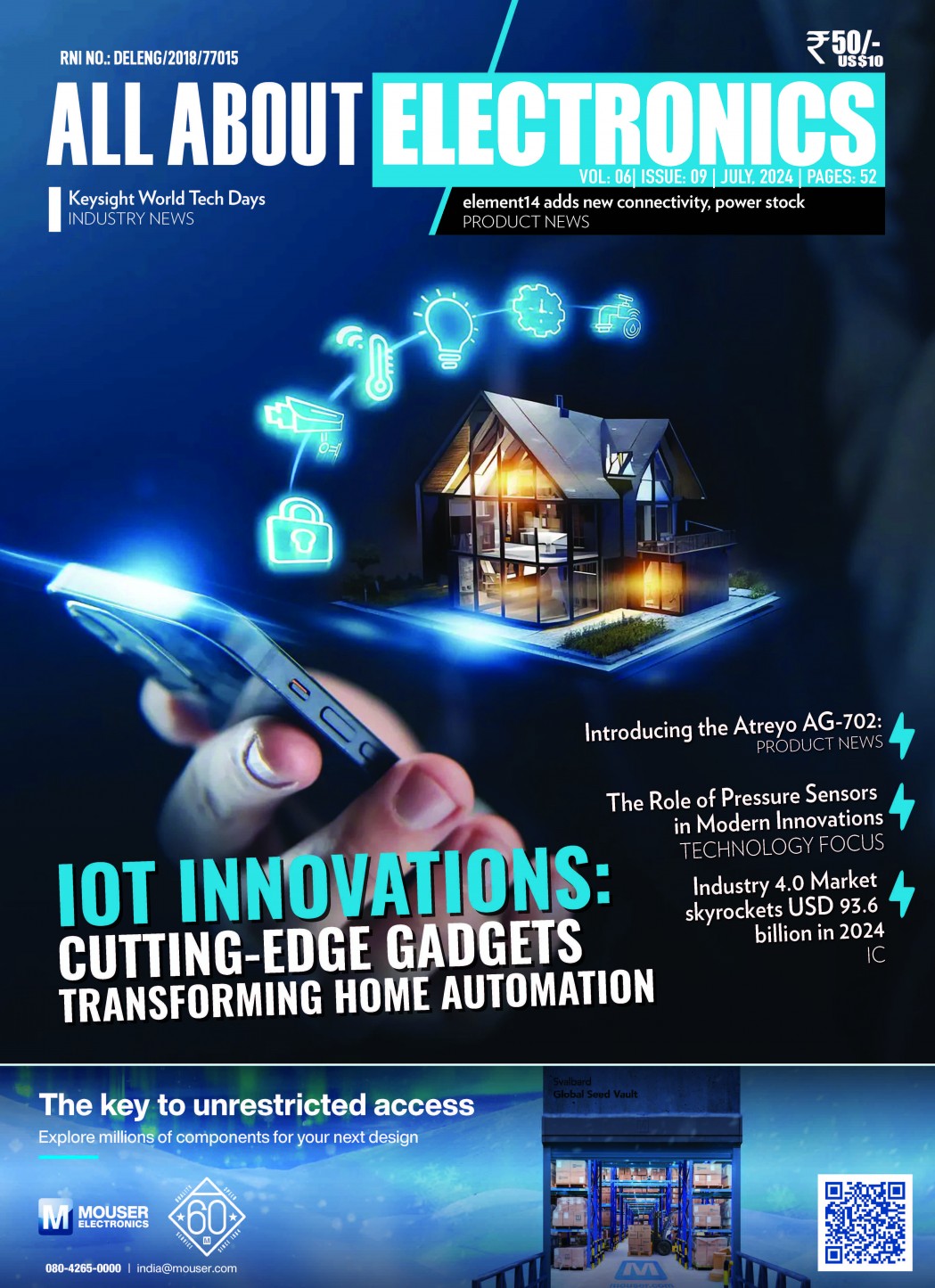- ST’s latest-generation silicon-carbide (SiC) power devices extend leadership in performance and reliability for e-mobility and energy-efficient industry
- Continued long-term investment in SiC positions ST for future growth
STMicroelectronics (NYSE: STM), a global semiconductor leader serving customers across the spectrum of electronics applications, is introducing its third generation of STPOWER silicon-carbide (SiC) MOSFETs1, advancing the state-of-the-art in power devices for electric-vehicle (EV) powertrains and other applications where power density, energy efficiency, and reliability are important target criteria.
The market leader in SiC power MOSFETs, ST has incorporated new and advanced design know-how to open up even more of SiC’s energy-saving potential. The effort continues to drive the transformation of the EV and industrial markets. With the acceleration of the EV market many car makers and automotive suppliers are now embracing 800V drive systems to achieve much faster charging and help reduce EV weight. These new systems allow the car makers to produce vehicles with longer driving ranges. ST’s new SiC devices are specifically optimized for these high-end automotive applications including EV traction inverters, on-board chargers, and DC/DC converters, as well as e-climate compressors. The new generation also suits industrial applications by boosting the efficiency of motor drives, renewable-energy converters and storage systems, as well as telecom and data-center power supplies.
“We continue to drive this exciting technology forward with innovations at both the device and package levels. As a fully integrated SiC products manufacturer, we are able to deliver continued improved performance to our customers,” said Edoardo Merli, Power Transistor Macro-Division General Manager and Group Vice President of STMicroelectronics’ Automotive and Discrete Group. “We are investing relentlessly to support our automotive and industrial programs expected to generate $1 billion in SiC revenue in 2024.”
ST has completed qualification of the third-generation SiC technology platform and expects to move most of the derivative products to commercial maturity by the end of 2021. Devices with nominal voltage ratings from 650V and 750V up to 1200V will be available, giving more choices for designers to address applications operating from ordinary AC-line voltages up to those of high-voltage EV batteries and chargers. The first products available are the 650V SCT040H65G3AG, priced at $5.00 and a 750V device in die form (datasheet and quotation upon request).
Technical notes for editors:
Leveraging the new third-generation SiC platform, ST’s latest planar MOSFETs set new industry-leading benchmarks for the accepted figures-of-merits (FoMs) [on-resistance (Ron) x die size, and Ron x gate charge (Qg)] that express transistor efficiency, power density, and switching performance. Bettering FoMs using ordinary silicon technology has become increasingly difficult and, as a result, SiC technology holds the key to further improvement. ST is setting the pace of progress with its third-generation devices.
SiC MOSFETs also have a higher voltage rating in relation to their die size, compared to silicon alternatives, making the technology an excellent choice for EV applications and fast-charging EV infrastructures. In addition, they benefit from a very fast intrinsic diode that delivers the bi-directional properties needed for automotive on-board chargers (OBCs) used in Vehicle-to-X (V2X) power flow allowing the transmission of electricity from an OBC battery to the infrastructure. Moreover, their very high frequency capability allows smaller passive components within power systems, which permit more compact and lightweight electrical equipment in the vehicle. The same attributes also lower ownership costs in industrial applications.
ST will offer the third-generation devices in various forms, including bare dice, discrete power packages such as STPAK, H2PAK-7L, HiP247-4L, and HU3PAK and power modules of the ACEPACK family. The packages offer innovative design features such as specially placed cooling tabs that simplify connection to base-plates and heat spreaders in EV applications. The options give designers choices that are optimized for applications such as EV main traction inverters, on-board chargers (OBCs), DC/DC converters, e-climate compressors, and industrial applications such as solar inverters, energy storage systems, motor drives and power supplies.
For further information about ST’s SiC portfolio and the latest third-generation MOSFETs, please visit www.st.com/sic-mosfets












